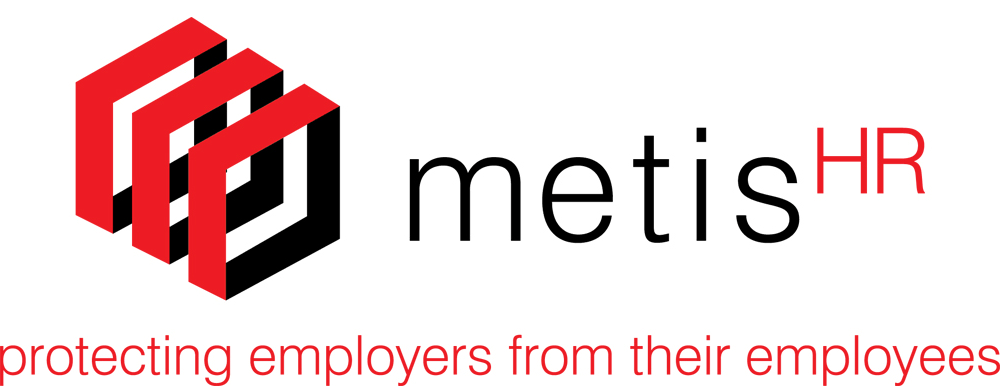Whilst employees helping themselves to a little stationery, or turning up a little late sometimes does not feel like a massive workplace concern, turning a blind eye could potentially mean an escalation into real HR trouble.
By Metis HR.With appropriate workplace guidelines in place you the employer can take immediate legal recourse to combat them…
Here are five workplace behaviours that are actually employee misconduct:1. Persistent Lateness
Employees that consistently come to work past the time they are expected to arrive can ultimately be dismissed for persistent lateness. Moreover, the employee’s tardiness could impact upon the work being done. For example, if the employee is expected to open up a retail outlet by a certain designated time or attend a mandatory morning meeting, chronic lateness can impair the day-to-day operations of the business as well as the performance of co-workers. The expectations must be clearly articulated in company guidelines, so there is no doubt as to what time employees are expected to arrive and what behaviour will likely be deemed employee misconduct.2. Unwanted Gift Giving
It may seem counterintuitive, but giving gifts to another co-worker, subordinate or manager can be deemed employee misconduct. In particular, if the gifts are unwanted but the employee giving the gifts persists, the behaviour can be a form of harassment, possibly sexual harassment. For employers, it is imperative that managers and human resource professionals be particularly vigilant around certain holidays like Valentine’s Day or even around the time of the Christmas Party.3. Taking Office Supplies Home
It’s hard to imagine that an employee that takes pens, pencils and post-it notes home from the office has done anything criminal. For a restaurant, it might be a bottle of wine or an expensive food item that goes missing. The reality is that taking office supplies or other items from the workplace is stealing and constitutes theft of company property. While pens, pencils, rulers and post-it notes are the most popular items to go missing, the list of objects taken by employees extends to laptops, phones and calculators.You must set out your expectations consistently in both your policies and procedures but also in the way employees can expect you to react to discovering this behaviour. Consistency in responding to this kind of employee misconduct is key. It can never be ‘alright’ or acceptable for one employee to help themselves to stationery without it being addressed by the employer whilst another finds themselves in a formal disciplinary.
4. Personal Use of Company Wi-Fi
Companies should have internet usage policies in place and for the policy on personal use of the company Wi-Fi to be defined. Wireless internet depends upon bandwidth for speed and optimal performance, so using the business Wi-Fi for personal activities is often against company policy. To some, using company Wi-Fi for personal use is just the modern version of stealing company property but your expectations must be set out for employees so that they are clear on what they may or may not do, and when.5. Unscheduled Employee Absence
Paid sick leave (whether statutory sick pay or occupational sick pay) is to be used for periods when employees are ill. Other company policies, such as an annual leave policy, enable employees to take and plan scheduled absences and still be paid. However, calling in sick without good reason or lying about being ill or time taken off work, is a form of employee misconduct. Employees that frequently miss work without notice or call in sick as a means to get a day off work have an unscheduled work absence pattern quite distinct from planned absences that fall within company policy. Look out for patterns of absence, for example ‘spikes’ around holidays and creating long weekends by taking Fridays or Mondays as sick leave.These are just five types of employee misconduct to watch out for. With systematic documentation protocols in place, seemingly minor employee offences may start to present themselves as patterns of behaviour.For employers, documentation of inappropriate employee behaviour is key. Those patterns will provide the evidence for an employer’s case should the behaviour be determined to be potentially misconduct. Without documentation procedures, a misconduct allegation will lack evidentiary clout and leave you floundering.
Enjoyed this? Read more from Metis HR






















